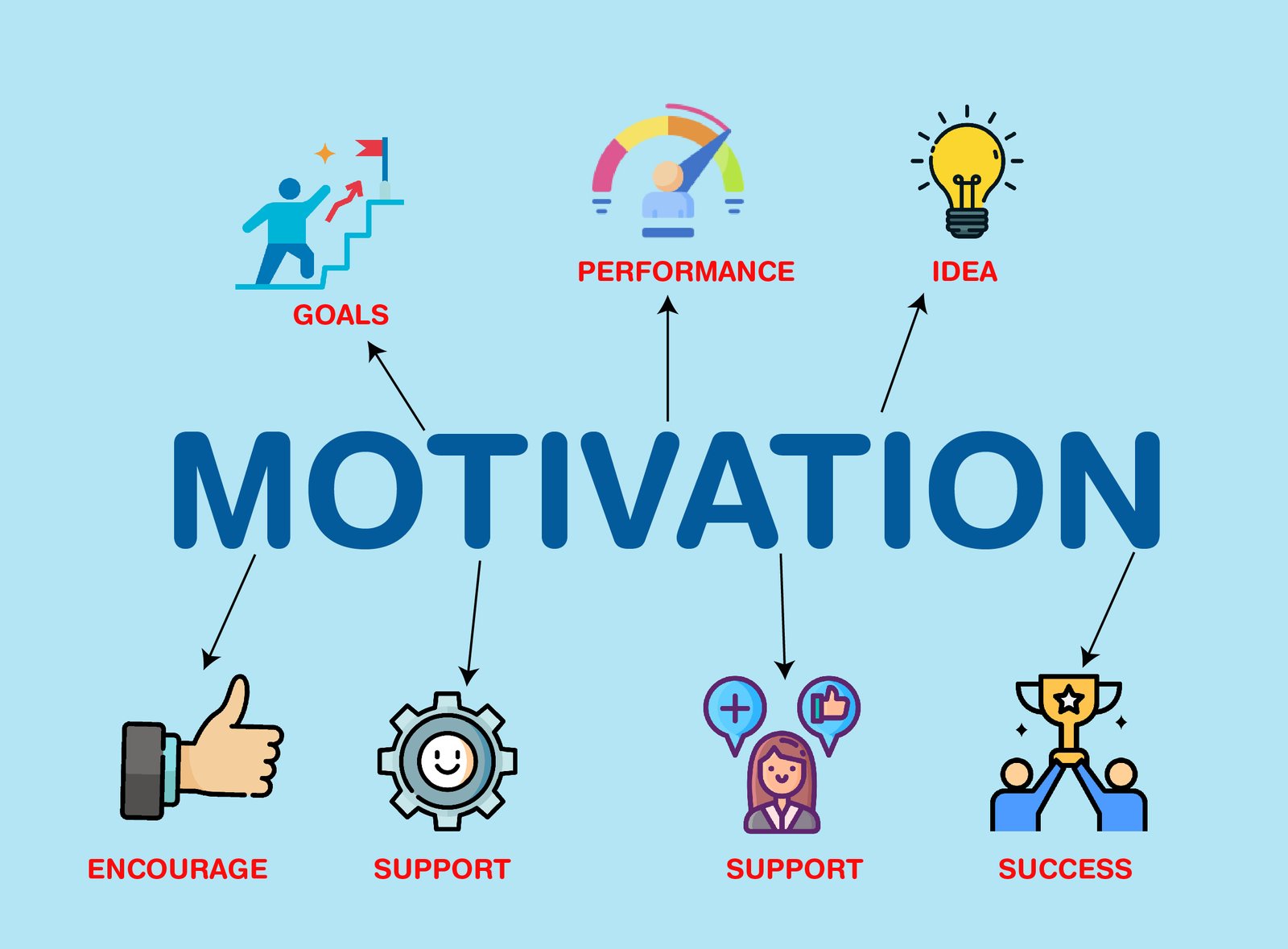The ways to motivate employees shall differ by the workforce and depend on different work culture, work environments, and industries. No one-size can fit all to motivate a team.
The motivation strategies for employees in the workplace are implemented by the supervisors or leaders of a company. Some of the motivation methods include rewards, incentives, verbal reinforcement, opportunities, trips, and recognition. Most of the organizations have recognition and rewards programs in place.
What are the Motivation Strategies?
The different motivation strategies are discussed in our Motivation Strategies assignment help in Australia as follows:
Provide instant feedback: Employees positively respond to feedback methods, which are related to individual as well as organizational success. Individuals are attracted to short-term performance evaluation that enables for rapid enhancement and correction processes than annual assessments. Constant feedback gives all employees a string feeling to invest in your company's goals and it builds a strong relationship. Employees appreciate the quick rectification of problems.
Rewards: Rewards are a good way of promoting motivation. Employees use several kinds of reward or incentive programs for enhancing motivation and productivity among staff. The incentive might be in different forms, be it travel perks, bonuses, paid time off, or vouchers. It provides employees with healthy competition.
Career advancement: Employees can achieve something when career advancement remains in front of them. You can sustain the motivation by making sure there are opportunities and avenues for the employees for advancing in their positions. You can give them opportunities for more qualifications. It makes them valued and more committed. The opportunities for employees’ training and development is important for their decisions to stay in the present organization.
Flexibility: Work arrangements and flexible scheduling can minimize infrastructure overhead and promote employee productivity. Using modern technologies, some companies experiment with flexible schedules. Many real-life experiences and studies have revealed that employees who are not permitted to work part-time or remotely are more motivated and satisfied to remain productive.





 3 Bellbridge Dr, Hoppers Crossing, Melbourne VIC 3029
3 Bellbridge Dr, Hoppers Crossing, Melbourne VIC 3029

